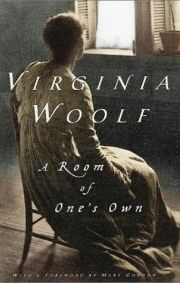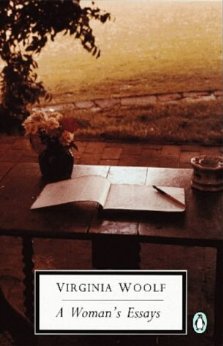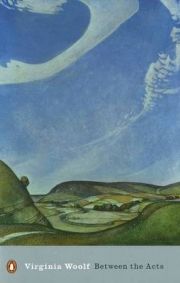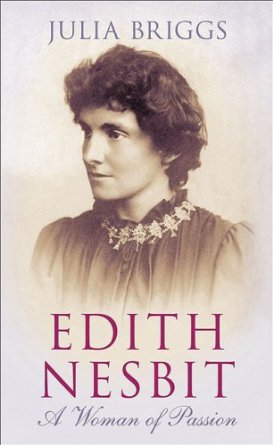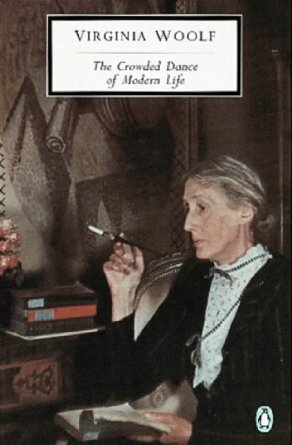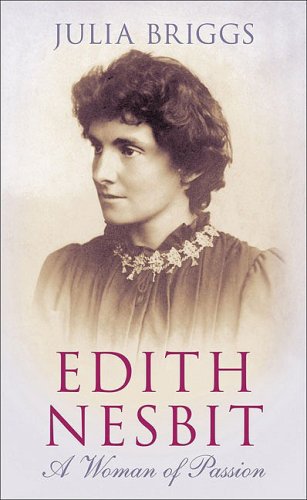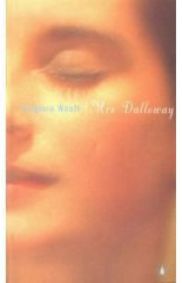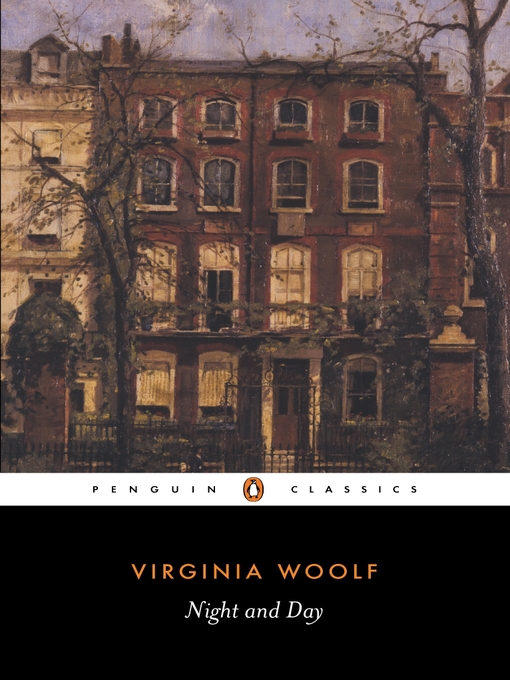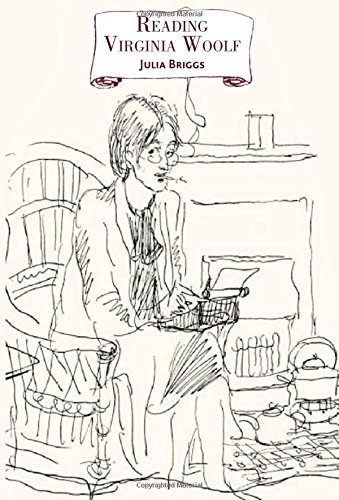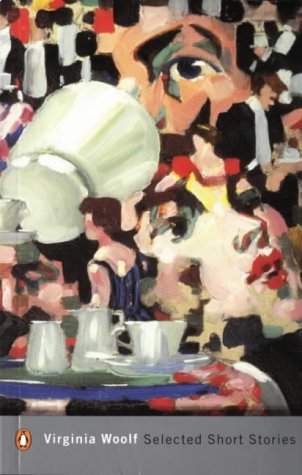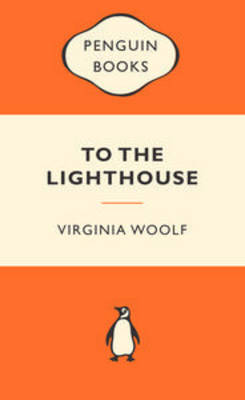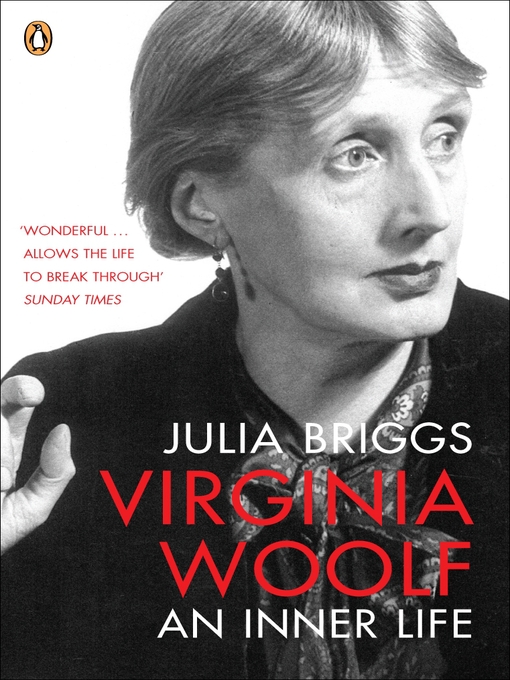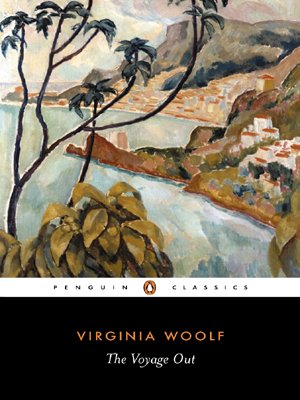This Stage-Play World: Texts and Contexts, 1580-1625
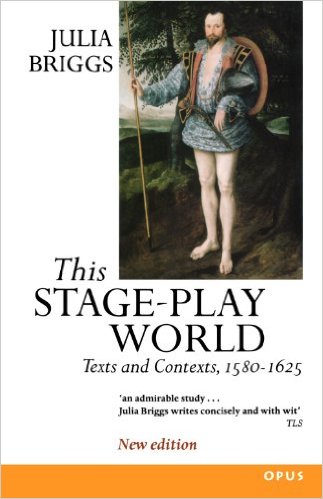
The later years of Elizabeth and the reign of James I were the age of Shakespeare, but the age also of Sidney, Spenser, and Donne, of fellow dramatists Marlowe, Jonson, and Webster, and of the prose writers Nashe, Bacon, and Burton. This book examines the social conditions that produced this uniquely dazzling array of talent, and relates them closely to the literature of the period.
Politically, 1580-1625 was a period of comparative stability, but men's lives were constantly threatened by plague, famine, or even casual violence; a sudden population rise added problems of inflation and unemployment. Writers struggling to earn a living needed either to please the court, with its wealthy and influential patrons, or else to score a popular success with London's new theatre-going public. The establishment itself was actively engaged in promoting ideals of order, hierarchy and centralized authority, while religious reformers urged men to heed the promptings of the spirit, and humanist schoolmasters introduced the young to the pagan culture of ancient Rome, its erotic poetry, and its republican sentiments. New ideas were in the air and sceptical, sometimes iconoclastic attitudes were widely expressed: a constant theme in the literature of the age was man's simultaneous greatness and littleness, the dramatic antitheses contained within him and acted out upon what Raleigh called `this stage-play world'.
This extensively revised new edition also includes two new chapters which examine the role of women, the family, travellers and `outsiders' within the social and literary contexts of the period. It also contains textual notes and a fully updated bibliography.
